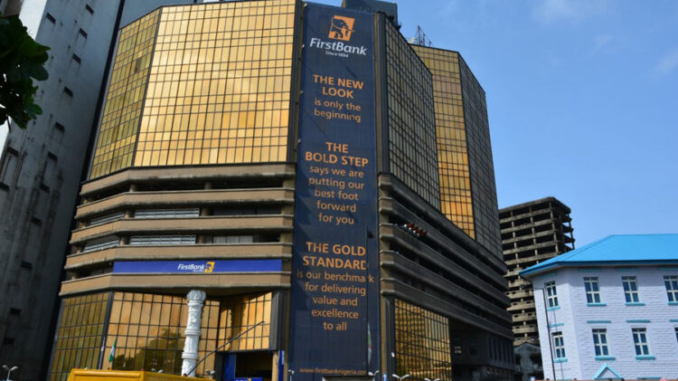
A review of First Bank Plc’s financial statement by SaharaReporters has revealed a substantial increase in operating expenses, totaling N209 billion, within a one-year period.
According to the bank’s Q3 2024 financial report, operating expenses skyrocketed to N421.3 billion from January to September, marking a 98% rise compared to the same period in 2023, when expenses stood at N212.1 billion.
A deeper dive into First Bank Plc’s financial statement uncovers specific drivers behind the N209 billion surge in operating expenses.
Notable contributors to the increased costs include maintenance expenses, communication costs, light and power expenses, operational losses and other losses.
A striking example is the communication, light, and power expenses, which jumped from N14.9 billion (January – September 2023) to N31.4 billion (January – September 2024), representing a 110% year-over-year increase.
Further review shows that maintenance costs stood at N40.4 billion between January and September 2023, but grew to N88 billion between January and September 2024.
Operational and other losses stood at N9.1 billion between January and September 2023, and grew to N34 billion between January and September 2024.
Other costs that grew the operating expenses include AMCON levy which grew from N48 billion in 2023 to N78 billion in 2024.
Other operating expenses also grew from N9.8 billion to N20.7 billion.
The bank also posted foreign exchange losses amounting to N264.3 billion between January and September 2024, a growth from the N97.3 billion foreign exchange loss recorded within the same period in 2023.
The surge in First Bank Plc’s operating expenses comes at a challenging time for Nigerian businesses, amidst soaring petroleum prices, crucial for electricity generation; widespread inflation, eroding purchasing power and naira’s continued depreciation against the US dollar.
These factors converge to escalate the costs of doing business in Nigeria, fueling concerns among entrepreneurs and corporate leaders.
